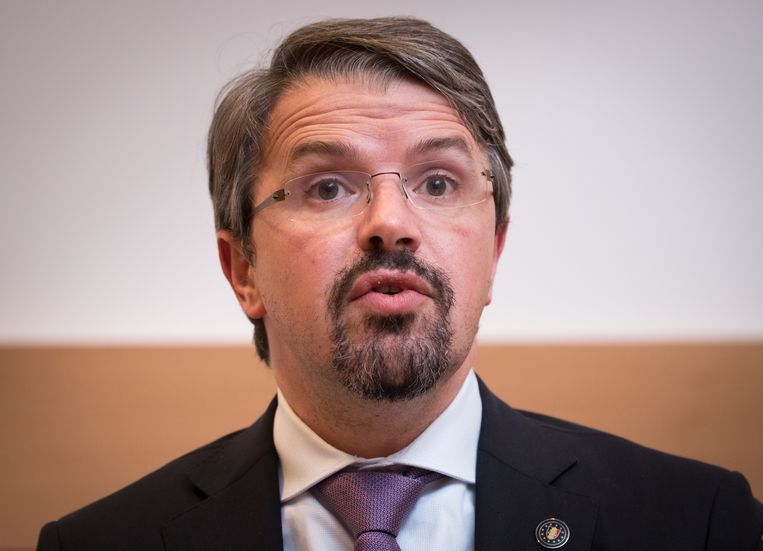The federal prosecutor, Frédéric Van Leeuw, has explained that the service remains fully occupied in the fight against terrorism, although their focus has now shifted towards what he calls “terrorism of inspiration” as opposed to structured terrorism, he told the Sudpresse papers.
The distinction is one of opportunism. Whereas terrorism in the past tended to be a question of structured, organised groups from the IRA and ETA all the way up to the recent past with ISIS and Al Qaeda, the tendency nowadays is more likely to be acts carried out by lone actors who may be inspired by radical ideology, but who do not form part of any organised group.
“Solitary people are less easy to track than structures,” he said. The approach for the future was analogous to the fire service. “We try to put out fires,” he said. “We have to ensure that fires don’t get started, and that they are easier to control if they do. That demands resources (which we have obtained) but it also requires that the room for action provided by our society is less rich, so that fewer people will become radicalised.”
Van Leeuw and his service are currently preparing their submission regarding prosecutions related to the attacks on Brussels Airport and the Brussels metro of 22 March 2016, for a trial that’s expected to take place in 2021. He explained the timetable.
“The procedure for sending the case in front of the assizes court, namely the appeal to a committal hearing, should take place in the first half of 2020. But any of the parties is able to request additional acts of investigation,” he said. Those would be expected to delay the trial itself.
Another source of delay would be the trial of those involved in planning and carrying out the attacks on Paris in November 2015, with an agreement that the French authorities would be allowed to try their suspects first before any trial took place in Brussels.
“That would be decided by a joint agreement with the French national anti-terrorism prosecutor, in the course of the first quarter of 2020 and according to the logic of procedure. France has stricter rules on the length of time spent on remand. For example, we are coming up to five years for Salah Abdeslam,” he said, referring to the French national living in Molenbeek, suspected of taking part in the organisation of the Paris attacks, whose arrest in Forest commune four days before the Brussels attacks was thought to be a signal for the launch of the bombing at the airport and on the metro.
Alan Hope
The Brussels Times

